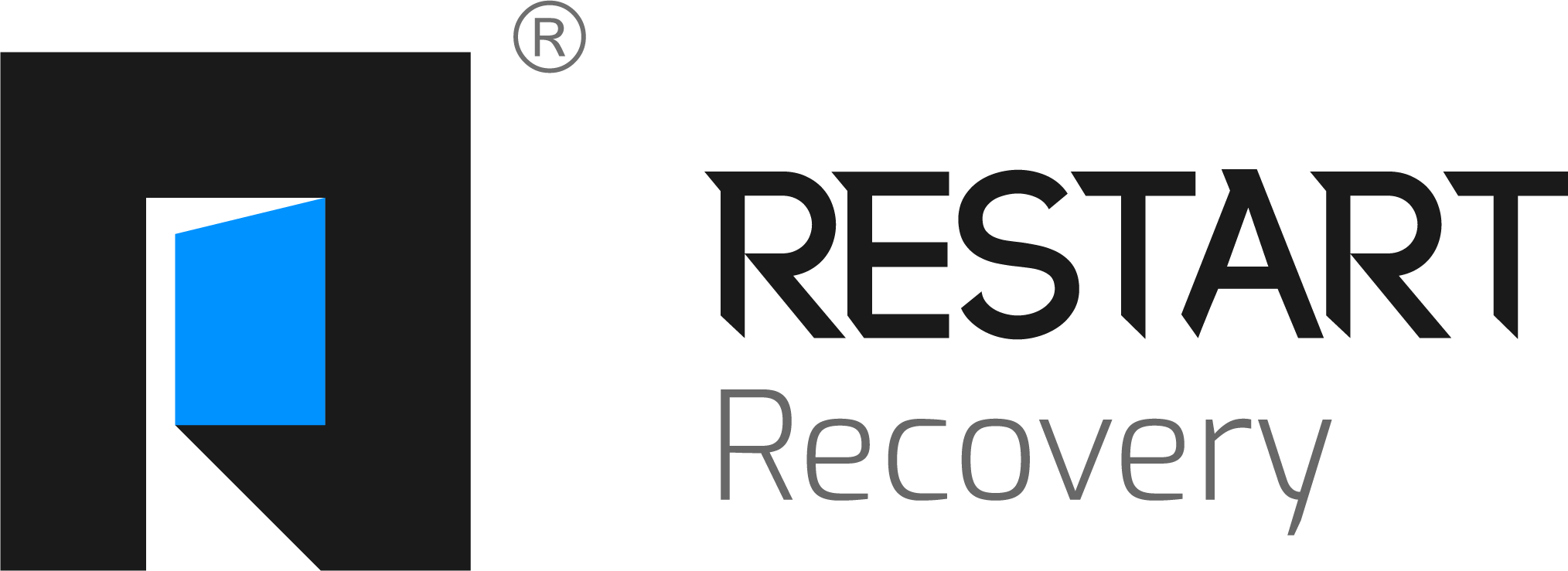How to Find a Job After Rehab
- Yasmin Maghsoudloo
- Feb 17, 2025
- 6 min read

By the time you finish rehab, you might find yourself searching for a new job. Perhaps the demands of your previous career contributed to your addiction, or maybe you’re simply seeking a fresh start as you embark on this new chapter of your life. Whatever the reason, this transition can be an excellent opportunity to explore new possibilities.
Recovering from addiction is a significant life change. Your priorities, skills, and goals may have shifted, and the job-hunting process will likely reflect these changes. This guide can help you navigate the journey of finding a job after rehab.
Preparing for the Job Search
Before diving into your job hunt, take some time to set yourself up for success. Use this opportunity to evaluate your strengths, interests, and talents. To get started, consider these questions:
What skills come naturally to you?
Which of those skills do you genuinely enjoy using?
If you had to give a 30-minute presentation on any topic without preparation, what would it be about?
Is there a subject or field you’d like to learn more about?
Reflecting on these questions can help you identify the type of job that aligns with your strengths and passions. Once you have clarity, you can gather the necessary materials to begin your search. Depending on your chosen field, you may need:
A resume
A cover letter
Professional references
Letters of recommendation
Relevant licenses or certifications
Diplomas or educational credentials
Review these documents to ensure they’re accurate, updated, and relevant. Be prepared to adapt them as needed, especially your resume and cover letter. Tailoring each application to the specific role you’re applying for can significantly improve your chances of landing a job, even if it takes a little extra time.
Exploring Career Opportunities After Rehab
Recovery from drug or alcohol addiction often inspires a fresh perspective on career goals. Your mental health journey may influence the kind of work environment you seek. For instance, certain industries carry a higher risk of substance use, which might make a career change necessary if your previous workplace fostered unhealthy habits. Alternatively, you may need a part-time job to balance outpatient treatment. The key is to find a role that aligns with your recovery goals and gives you a renewed sense of purpose.
Once you have a clear direction, it’s time to research job options that suit your skills and needs. Here are some valuable resources to help with your search:
The National H.I.R.E. Network: This organization helps individuals with criminal records reenter the workforce. Their advocacy efforts include policy changes and connecting job seekers with local support services.
CareerOneStop: Managed by the U.S. Department of Labor, this platform offers job listings along with educational resources for veterans, people with disabilities, career changers, and more.
SkillSPAN: Part of the National Skills Coalition, SkillSPAN is a network of state coalitions that provides career training, education, and job search assistance. The specific resources available vary by location.
Networking: While online job boards are helpful, personal connections often lead to unlisted opportunities. Inform your friends, family, and colleagues about your job search—they might connect you with a great fit.
Crafting an Effective Job Application
Your application should highlight your ability to meet the employer’s needs. Follow these tips to stand out:
Customize Your Materials: Tailor your resume and cover letter to each job by using relevant keywords and emphasizing your applicable skills.
Be Honest and Strategic: Never lie about your work history—employers can easily verify the information. It’s better to explain a gap in employment than to fabricate a job. That said, you don’t need to disclose unnecessary personal details.
Present Your Experience Positively: If you have a conviction or other challenges in your background, address them constructively. Use your cover letter to highlight how you’ve grown and what you’ve learned from past experiences.
Acing the Job Interview
Job interviews provide an opportunity to make a strong impression. Here’s how to prepare:
Dress Appropriately: Wear professional attire suited to the role. For example, a server position might call for practical clothing, while an office job may require business formal wear.
Practice Common Questions: Review typical interview questions and rehearse your responses. Reflect on how your past experiences have prepared you for the role, building your confidence in the process.
Plan Your Narrative: Decide in advance how much personal history to share. While there’s no universal rule, having a plan will help you avoid being caught off guard.
If you choose to discuss your history with addiction, frame it as a story of growth and resilience. Highlight lessons learned, support systems in place, and your goals for the future. For instance, if you need accommodations for A.A. meetings, let the employer know upfront. Being transparent about your needs shows responsibility and commitment to your recovery.
Moving Forward
Reentering the workforce after rehab is an opportunity to build a fulfilling, stable future. By leveraging resources, crafting a compelling application, and approaching interviews with confidence, you can find a job that supports both your personal and professional goals. Remember, recovery is a journey, and your career can be a meaningful part of it.
Disclosing Your Rehab History
The Americans with Disabilities Act (ADA) provides protection against discrimination for individuals with disabilities, including those recovering from substance use disorders and mental health conditions. These protections apply throughout recovery, though the specifics vary depending on the stage of the hiring process.
While Applying for Jobs:
Employers are prohibited from asking if you have a disability.
If you disclose a disability, they cannot inquire about its nature.
If asked about your disability in violation of the ADA, you are not obligated to answer.
Regardless of how you respond to inappropriate questions, you remain eligible for ADA protections.
After Being Hired, Before Starting the Job:
Employers may ask about medical history, including addiction, but only if it's relevant to the job.
Employers can inquire about current alcohol or drug use.
If directly asked, you must disclose your disability, but you are not required to volunteer information unprompted.
After Starting the Job:
Questions about your condition are only permissible if they relate directly to your ability to perform your job.
Active substance abuse or behaviors impairing job performance can result in termination.
If you develop an addiction to a prescribed medication taken as directed, the ADA protects you. However, excessive or improper use voids this protection.
Understanding these laws helps you safeguard your rights and avoid discrimination. If your treatment history is already known to an employer through personal connections, they cannot legally ask for further details. In such cases, emphasize your recovery as a personal strength during conversations.
Building a Supportive Network
Finding employment doesn’t have to be a solitary effort. Leverage your relationships for support:
Friends and family can offer encouragement and advice.
Mentors and career coaches specializing in post-rehab employment can provide guidance.
Aftercare specialists from your rehab program can connect you with job resources.
Reach out to your network for insights, emotional support, or potential job opportunities. Additionally, aftercare programs often provide access to professional career coaching.
Expand your network by attending industry events, networking sessions, conferences, or taking in-person classes. This is a great way to meet new people and increase your career prospects.
Prioritizing Self-Care During the Job Search
Job hunting can be stressful, and for those in recovery, stress can be a trigger. Stay committed to your recovery goals by incorporating self-care into your routine:
Schedule self-care activities: Stick to helpful routines, such as daily exercise or consistent sleep schedules.
Honor your commitments: Accountability is crucial in recovery, whether it’s attending support groups, taking prescribed medications, or keeping in touch with your therapist.
Stay connected: Regularly check in with your support network. They can remind you that life is about more than just finding a job, helping you maintain perspective and confidence.
If you’re navigating employment challenges after rehab, consider consulting professionals at an addiction treatment program for specialized guidance and resources.
Frequently Asked Questions About Finding a Job After Rehab
How can I find a job after rehab?
Successfully finding a job after rehab requires planning and preparation. Start by identifying your strengths, skills, and interests. Customize your resume and cover letter for each job you apply to, and actively search for opportunities online and through your personal network. During interviews, focus on showcasing your dedication and framing your recovery journey as a positive learning experience. Additionally, familiarize yourself with your rights under the Americans with Disabilities Act (ADA) and decide how to share your rehab history if needed.
What resources are available to help me find work after rehab?
Several resources can support your job search after rehab:
Career One Stop, a program by the U.S. Department of Labor, provides job postings and educational tools.
SkillSPAN, part of the National Skills Coalition, offers job skills training and career guidance on a state level.
The National H.I.R.E. Network assists individuals with criminal records in finding employment opportunities.
Online job boards and personal connections are also valuable tools for discovering job opportunities.
How can I maintain sobriety during my job search?
Searching for a job can be a stressful experience, which can challenge your commitment to sobriety. To stay balanced, prioritize self-care activities like regular exercise and maintaining a consistent sleep schedule. Continue participating in support groups, attending recovery meetings, and engaging with your support system. Staying accountable and committed to your recovery journey is key to long-term success.





Comments